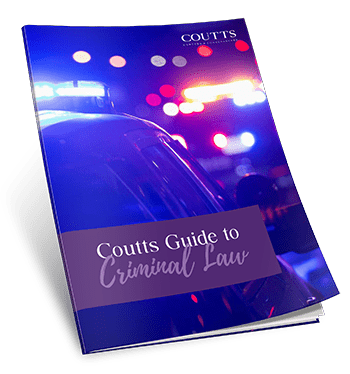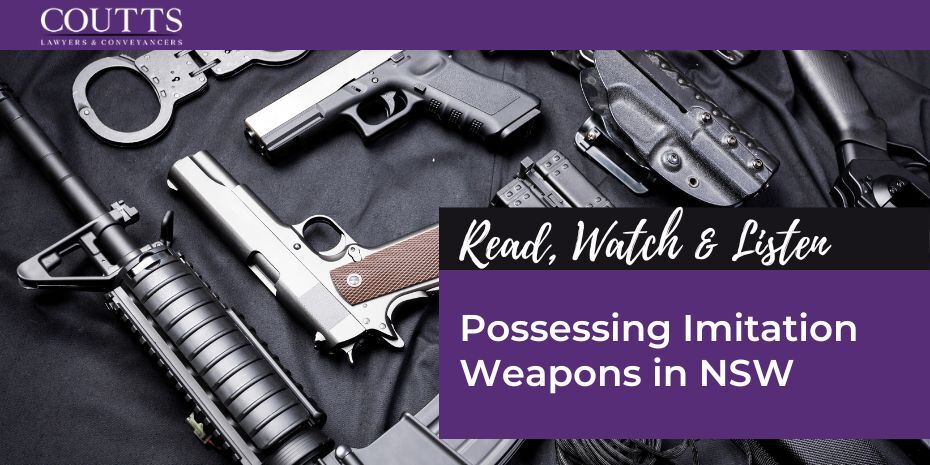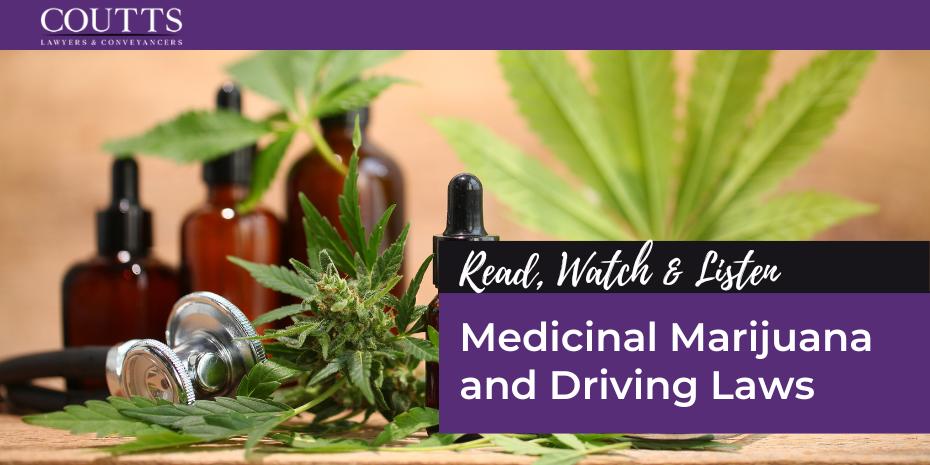We’ve Got You Covered
We provide expert legal representation for individuals facing Drug Offence charges. Our team has extensive experience in dealing with a range of drug-related offences, from possession and use to trafficking and manufacturing. We understand the complexities of drug law and work diligently to defend our clients’ rights, exploring all avenues for a favourable outcome. Our approach is comprehensive and tailored, focusing on detailed evidence review, legal argumentation, and strategic defence planning.

Luisa Gaetani
Partner
Book Your Drug Offence Consultation Now
Drug Offences
Our criminal law team at Coutts Lawyers & Conveyancers are highly experienced in defending drug offences, including:
- Possess prohibited drug
- Deemed supply prohibited drug
- Supply prohibited drug
- Supply prohibited drugs on an ongoing basis
- Deal with proceeds of crime
What happens when you are charged with a drug offence?
Drug offences are contained in the Drug Misuse and Trafficking Act 1985 (NSW). Possessing a prohibited drug is an offence under Section 10 of the Act. Schedule 3 of the Act lists the substances considered to be prohibited drugs. To secure a conviction for possession of a prohibited drug, the Prosecution must prove the following beyond reasonable doubt:
- You had a prohibited drug in your possession;
- You either knew it was in your possession, or you knew that it was likely to be in your possession; or
- You believed that the item you had in your possession was a drug.
There are several defences available to defend a drug possession charge, which include the following:
- You did not have exclusive possession of the drugs. This defence may be applicable in circumstances where the drugs were found in the communal area of a house that you share with others, for example, the lounge room or living area;
- You were not aware that the drugs were in your possession, for example, they may have been placed into your bag without your knowledge;
- The search conducted by Police was not lawful;
- You have a lawful reason to possess the drug under the Poisons and Therapeutic Goods Act 1966;
- You had the care of or were assisting in the care of another person who has been lawfully prescribed the drug.
Under Section 29 of the Drug Misuse and Trafficking Act 1985 (NSW), anyone found in possession of a “trafficable quantity” of drugs is considered to be in possession of those drugs for the purposes of supply. The trafficable quantities of each drug are found in Schedule 1 of the Drug Misuse and Trafficking Act 1985 (NSW), and for some of the more popular “party drugs” are in fact quite low. For example, the trafficable quantity of MDMA (ecstasy) is 0.75 grams; the trafficable quantity for cocaine, amphetamines and heroin is 3 grams. With the average ecstasy tablet containing 0.1 grams of MDMA, someone found in possession of 8 ecstasy tablets, depending on the quality and strength, would be considered to be a trafficable quantity and therefore charged with deemed supply.
To defend a charge of supply, the defendant would need to prove that the drugs were intended for personal use. This would be quite difficult to prove in circumstances where other items associated with the supply of drugs are also found, such as bags, scales, large amounts of money or multiple mobile phones.
What to Expect with Coutts Lawyers
Step 1: Initial Contact
Reach out to Coutts Lawyers via our website, phone, or in person. Briefly describe your matter.
Step 2: Consultation Appointment
Schedule and attend a meeting with a Coutts lawyer to discuss the specifics of your matter and desired outcomes.
Step 3: Information & Legal Advice
Share all related documents and information. Your lawyer will review everything, clarify aspects as needed, and then advise on the best action course.
Step 4: Action Plan Development
Based on the advice, an appropriate action plan will be formulated. This may involve communication, documentation processes, or further legal steps.
Step 5: Implementation
Execute the action plan, addressing a range of legal scenarios as necessary.
Step 6: Resolution & Closure
Navigate towards a resolution, with the path determined by the nature of the matter. Your Lawyer will outline any final actions or considerations.
Book Your Drug Offence Consultation Now
Introducing Luisa
Your Compassionate Lawyer
Meet Luisa, a Partner at Coutts Lawyers & Conveyancers, and an Accredited Family Law specialist. Luisa is the head of our esteemed Family Law & Criminal Team. Boasting over a decade of expertise, Luisa blends sensitivity with practicality, forging deep connections and trust with her clients. Her reputation as a foremost authority in Criminal and Family law is well-deserved.


Connect with Luisa Today
Multi Award-Winning
Law Firm

Drug Offence FAQ’s
Penalties for drug offences in NSW can range from fines to imprisonment, depending on the severity and nature of the offence. For example, possession of small amounts may result in fines or community service, while trafficking and supply of large quantities may lead to lengthy prison sentences. Legal representation from knowledgeable lawyers, like the Coutts Criminal Law team, is crucial to navigating the complexities of drug offence penalties.
Yes, having a history of drug offences can significantly impact future legal proceedings and can result in more severe sentences if convicted again. It underlines the importance of obtaining effective legal representation to minimise the repercussions of drug-related charges on one’s record.
Defending against wrongful drug offence charges involves presenting substantial evidence to cast doubt on the allegations, such as witness statements, surveillance footage, or any other relevant information. The Criminal defence team at Coutts can meticulously review the case, challenge the evidence, and formulate a defence strategy to counter wrongful accusations.
Individuals have specific rights during a search by law enforcement, including the right to be treated with dignity and to have a clear explanation of the reason for the search. Unlawful searches can be challenged in court. Consultation with a legal representative is crucial to understand and exercise your rights effectively during such interactions with law enforcement.
Rebuilding life post-conviction involves compliance with all court-ordered requirements, seeking support for substance abuse issues if applicable, and possibly engaging in counselling or educational programs. The experienced Criminal Law team from Coutts pride themselves on not only providing exceptional legal advice and representation but also providing guidance on post-conviction rehabilitation and support options, helping individuals reintegrate into society more effectively.
Download your FREE Criminal Law Guide!



